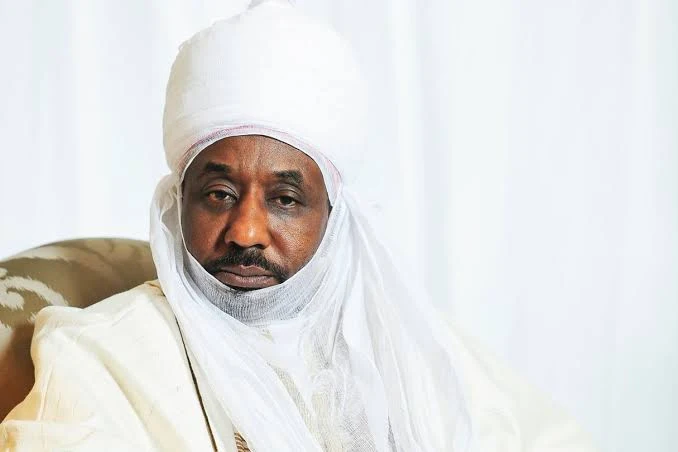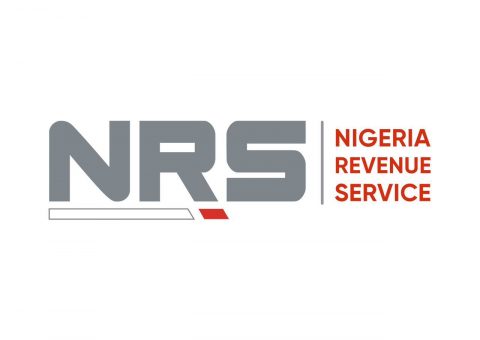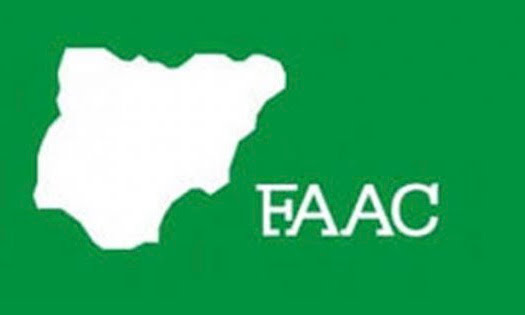The Nigeria banks have been called upon to adopt a mandatory quota system to boost women’s participation in the financial sector.
Former Central Bank of Nigeria Governor and Khalifa of the Tijjaniya group in Nigeria, Muhammad Sanusi II made the call while speaking at the Gender Impact Investment Summit in Lagos on Thursday.
According to Sanusi, no bank should recruit new staff without ensuring that at least 50% are women, just as he also recommended that 40% of senior management roles and 30% of board seats be reserved for women.
At the summit themed ‘Investing in Equity: Advancing Gender-Led Solutions for Inclusive Development,’ Sanusi II said Nigeria’s financial system cannot achieve stability and growth if women remain excluded from decision-making levels.
ALSO READ: NGX Group, CSCS, SEC, FMACTCE Rally Stakeholders to Accelerate Gender Equality in Nigeria
The former governor, who served as the head of the apex bank from 2009 to 2014, recalled how he changed promotion policies during his tenure to give qualified women faster access to leadership positions.
“At the time, only four women had ever reached director level in 50 years of the CBN’s history. I reduced the required years as deputy director from three to one and personally reviewed female officers’ CVs. That deliberate action produced nine female directors in a single year,” he explained.
Sanusi, who also introduced the ‘Year of Women in Banking’ initiative in 2012, said that reform laid the foundation for the emergence of nine female bank CEOs in Nigeria today.
While cited Rwanda and Liberia as examples where deliberate policies have transformed women’s representation in leadership, urging Nigerian banks to set a new benchmark for Africa, Sanusi also urged regulators, including the CBN and the Securities and Exchange Commission, to compel banks to publish disaggregated data on female-led businesses they finance.
“Banks may not be forced to lend to women, but if they are compelled to disclose their records, the public and investors can see which banks are truly gender-friendly. Market discipline alone will push institutions to do better,” he said.
The former emir, who further called for workplace inclusion policies such as wheelchair-friendly branches, extended maternity leave, and flexible work options, also warned that cultural and institutional resistance to women’s inclusion remains strong, especially in northern Nigeria, where women inherit farmland but often lose control of it to male relatives.
“Inclusion does not mean exclusion. It means fairness,” Sanusi stressed.
The summit also featured the unveiling of the ‘Gender Equity and Social Inclusion Roadmap 2025–2035’ by the Impact Investors Foundation in partnership with PwC Nigeria. The roadmap targets $8bn in inclusive capital mobilisation, 40 new gender-focused financial products, and 20 new policy reforms by 2035.
IIF Chief Executive Officer, Etemore Glover, described it as a “blueprint for a significant shift in Nigeria’s economy.”
Chairman of IIF, Frank Aigbogun, added that dismantling barriers for women, youth, and persons with disabilities would unlock vast untapped potential and drive equitable ticket growth.











